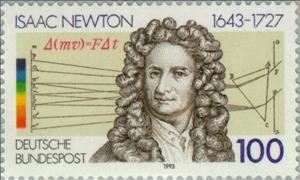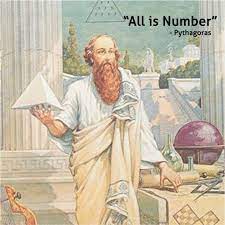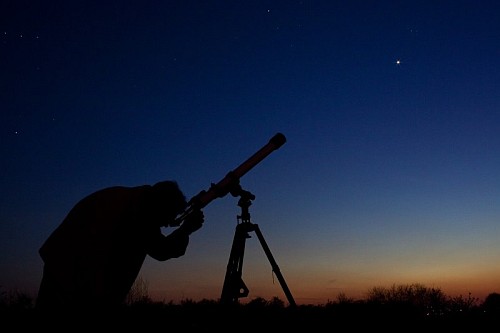Stamp: Newton, Isaac (Germany, Federal Republic 1993)
Newton, Isaac (Germany, Federal Republic 1993)
14 January (Germany, Federal Republic ) within release Association Electro-technicians goes into circulation Stamp Newton, Isaac face value 100 German pfennig
| Stamp Newton, Isaac in catalogues | |
|---|---|
| Michel: | Mi:DE 1646 |
| Yvert et Tellier: | Yt:DE 1478 |
Stamp is horizontal format.
Also in the issue Association Electro-technicians:
- Stamp - Münster face value 60;
- Stamp - Newton, Isaac face value 100;
- Stamp - Seawatch face value 100;
- Stamp - Association Electro-technicians face value 170;
- Stamp - Safety and health at work face value 100;
Stamp Newton, Isaac it reflects the thematic directions:
Famous People refers to the fame and public attention accorded by the mass media to individuals or groups or, occasionally, animals, but is usually applied to the persons or groups of people (celebrity couples, families, etc.) themselves who receive such a status of fame and attention. Celebrity status is often associated with wealth (commonly referred to as fame and fortune), while fame often provides opportunities to make money.
Commemorations are a type of religious observance in the many Churches of the Anglican Communion, including the Church of England. They are the least significant type of observance, the others being Principal Feasts, Principal Holy Days, Festivals, and Lesser Festivals. Whereas Principal Feasts must be celebrated, it is not obligatory to observe Commemorations. They are always attached to a calendar date, and are not observed if they fall on a Sunday, in Holy Week, or in Easter Week. In Common Worship Commemorations are not provided with collects or indications of liturgical colour. However, they may be celebrated as Lesser Festivals if local pastoral conditions suggest it.
Natural history is a domain of inquiry involving organisms, including animals, fungi, and plants, in their natural environment, leaning more towards observational than experimental methods of study. A person who studies natural history is called a naturalist or natural historian.
One of the earliest known mathematicians was Thales of Miletus (c. 624 – c. 546 BC); he has been hailed as the first true mathematician and the first known individual to whom a mathematical discovery has been attributed.He is credited with the first use of deductive reasoning applied to geometry, by deriving four corollaries to Thales's theorem.
An astronomer is a scientist in the field of astronomy who focuses their studies on a specific question or field outside the scope of Earth. They observe astronomical objects such as stars, planets, moons, comets and galaxies – in either observational (by analyzing the data) or theoretical astronomy. Examples of topics or fields astronomers study include planetary science, solar astronomy, the origin or evolution of stars, or the formation of galaxies. A related but distinct subject is physical cosmology, which studies the Universe as a whole





